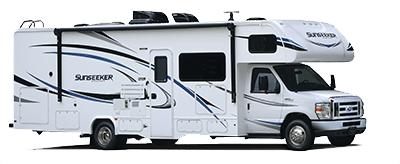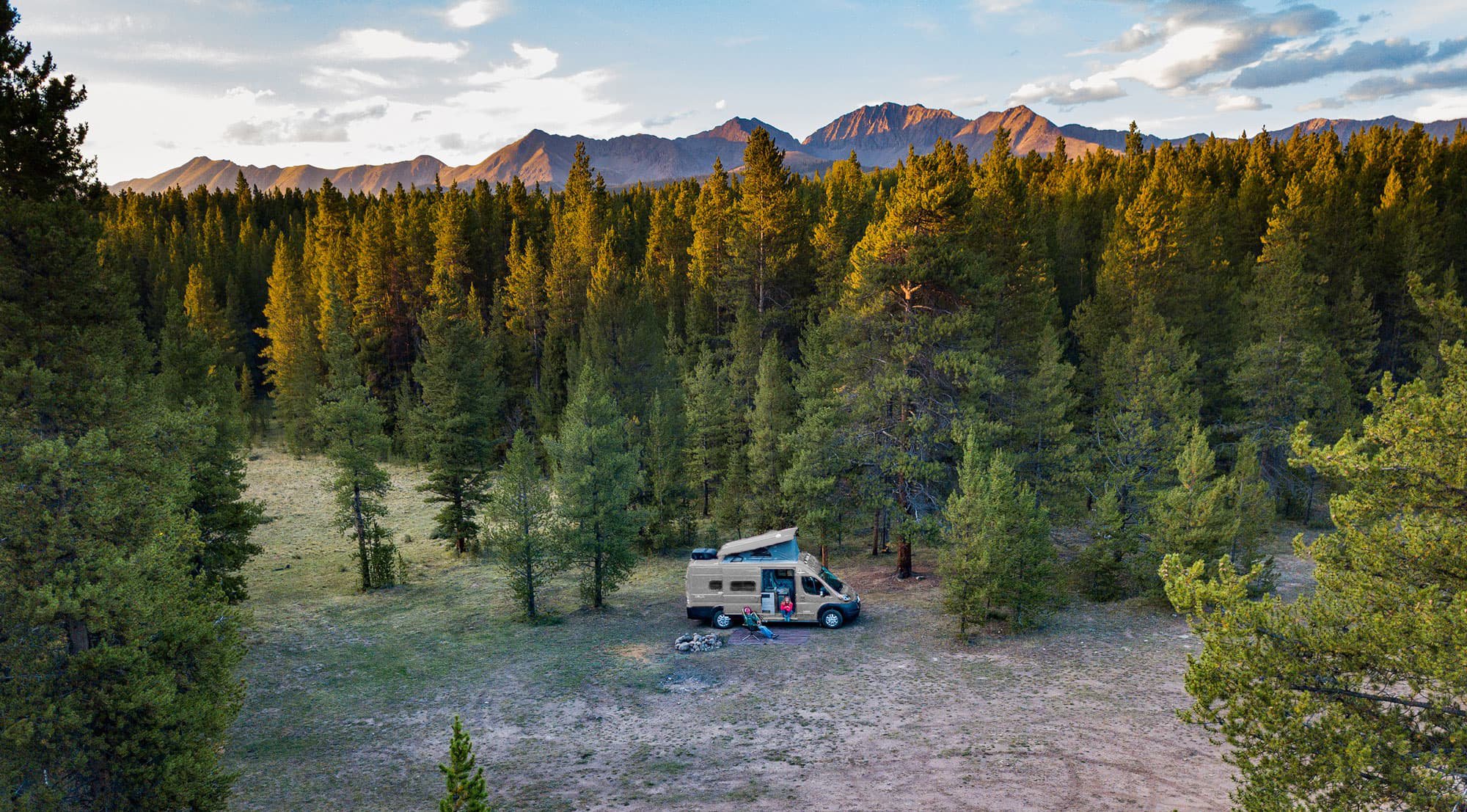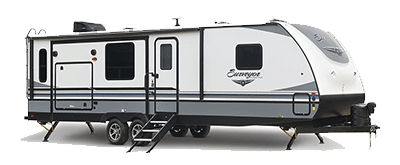Essential Factors for Choosing Your Perfect RV Rental
Selecting the appropriate recreational vehicle requires careful consideration of your travel itinerary, group size, and comfort preferences. The duration of your trip significantly influences the type of RV that will best serve your needs. Weekend getaways may benefit from compact Class B camper vans or smaller travel trailers, while extended cross-country adventures often require the additional space and amenities found in larger motorhomes.
Your driving experience and comfort level with larger vehicles should factor heavily into your decision. First-time RV renters often find Class C motorhomes or smaller travel trailers more manageable, while experienced drivers may prefer the luxury and space offered by Class A coaches. Consider the terrain and road conditions of your planned route, as mountain passes and narrow campground roads may present challenges for larger vehicles.
Budget considerations extend beyond the rental fee to include fuel costs, campground fees, and potential insurance requirements. Larger motorhomes typically consume more fuel and may require specialized campground accommodations, while smaller units offer greater flexibility in camping options and generally lower operating costs throughout your journey.



